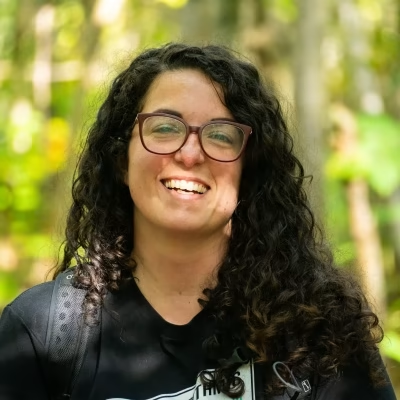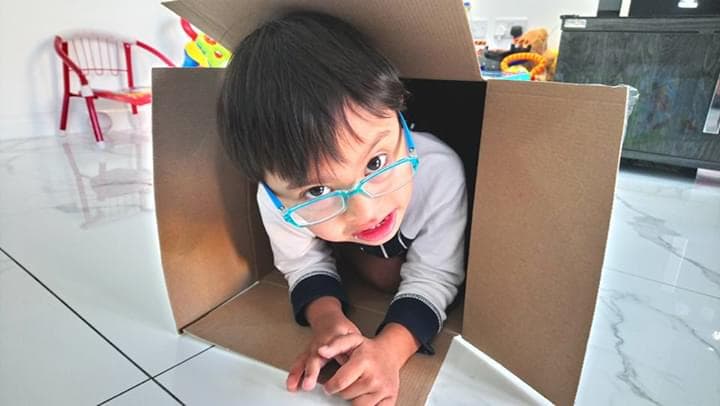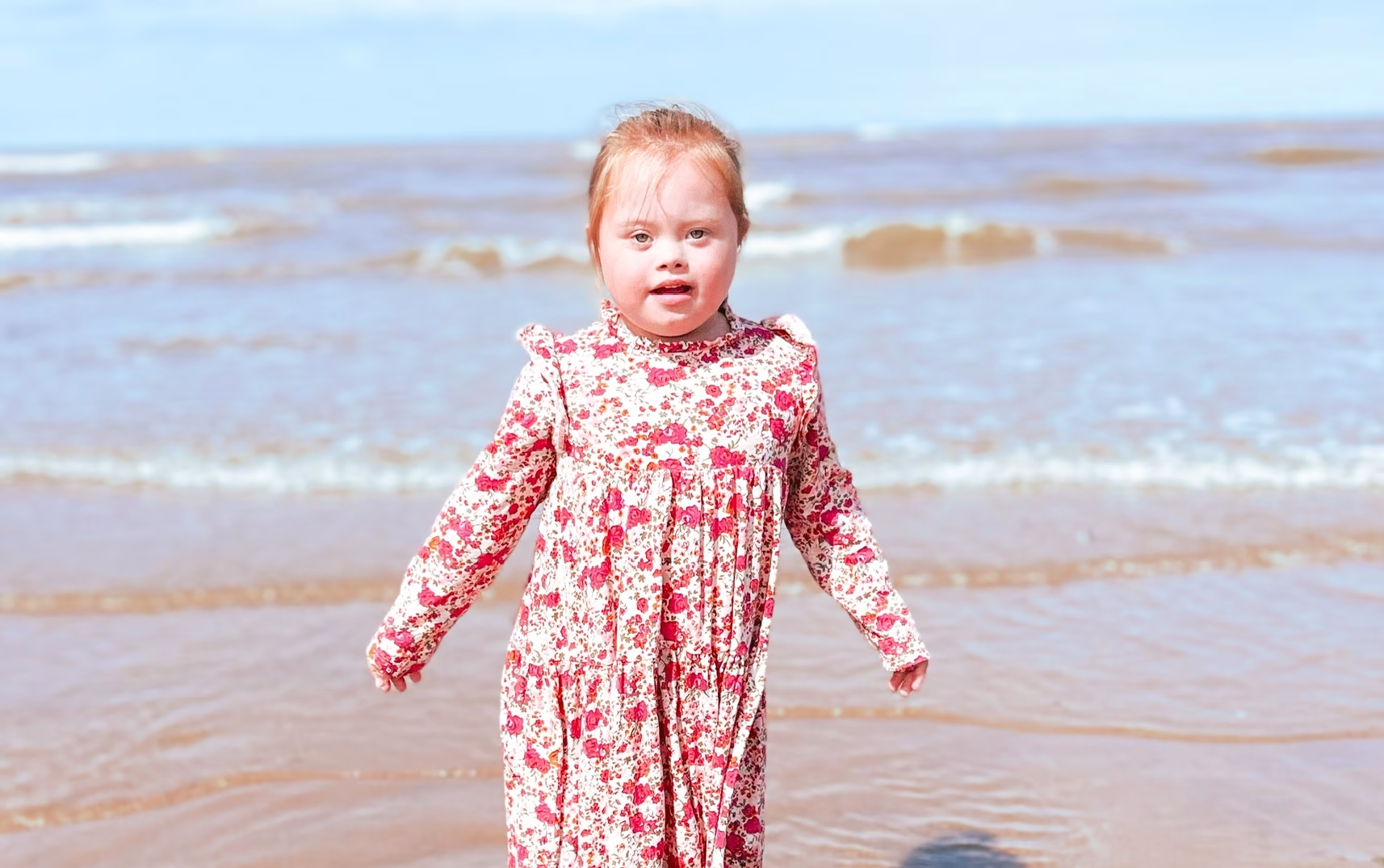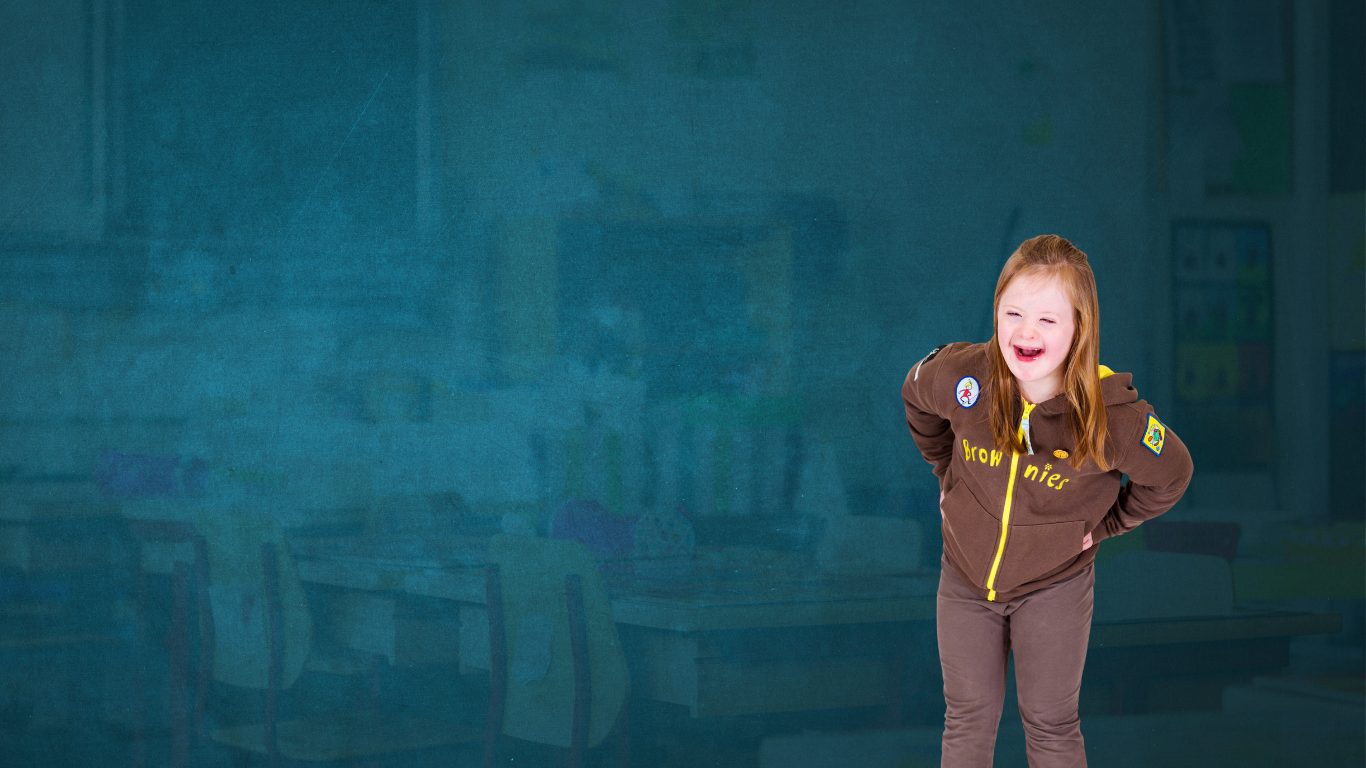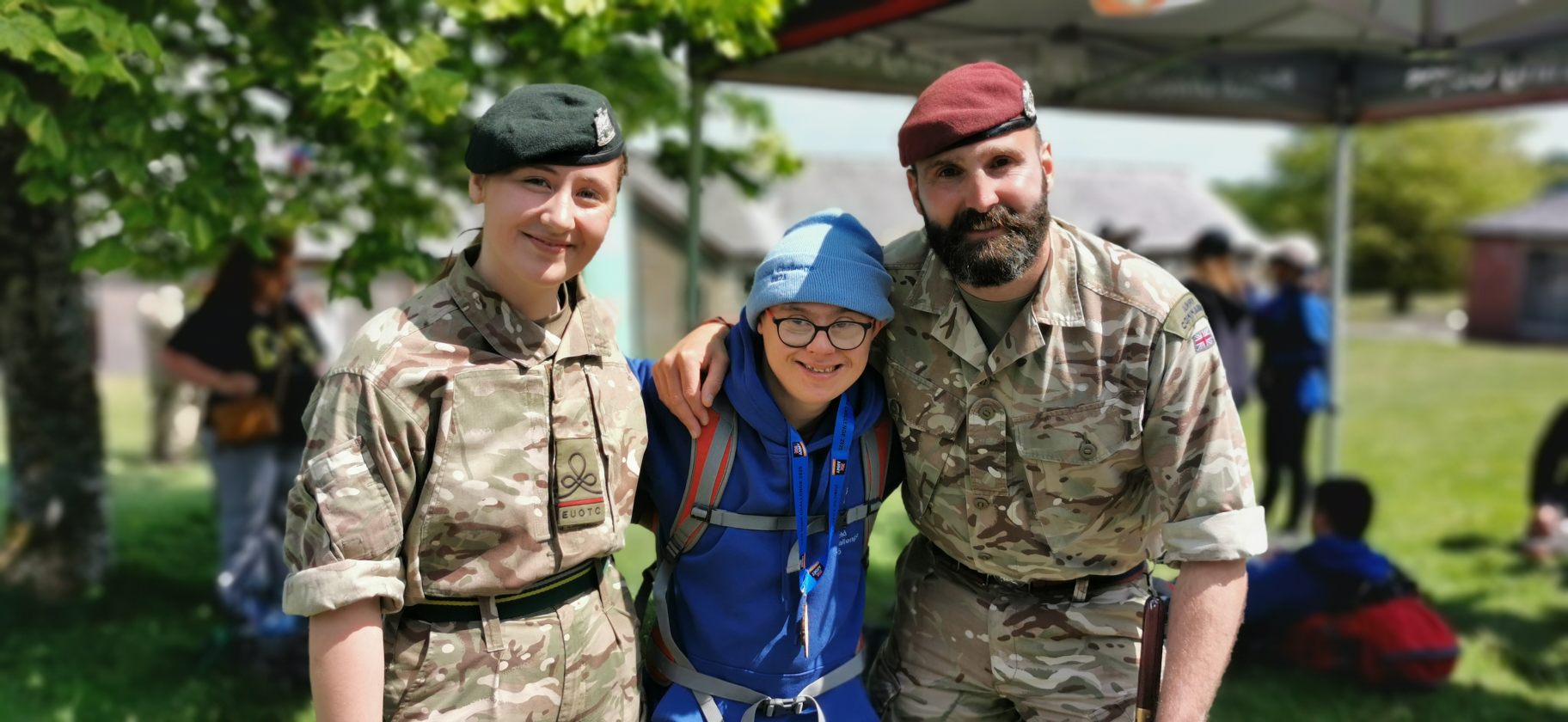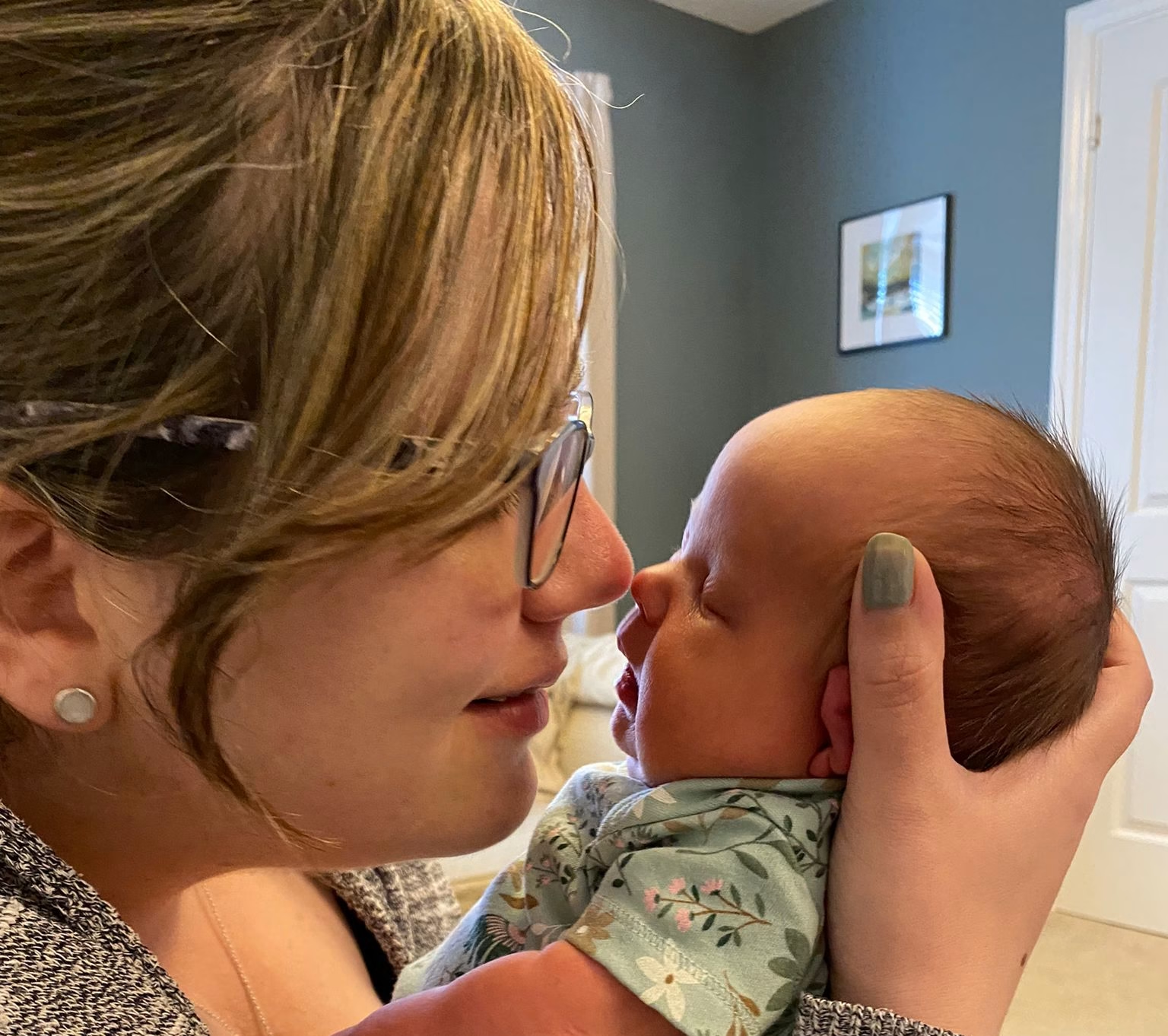- by Natasha Aidinyantz
Making friends is a meaningful part of childhood – but for some children, it doesn’t come easily. Many parents of children with Down syndrome tell us that social interactions can be tricky to navigate, especially with same-age peers. That’s why we asked families in our community to share what’s helped their children build friendships.
Here’s a round-up of parent tips, along with some ideas from us to encourage connection and confidence in your child.
1. Use of Makaton to support connection
Several parents shared how helpful Makaton has been for enabling interaction and making their child feel part of the group. One parent explained:
“Arlo finds connecting with other children difficult. What has helped is teaching his classmates Makaton and how to sign the songs he loves. He can now sit and engage with other children (most of the time!) when they are signing or signing to him.”
Encouraging classmates, siblings and friends to learn simple signs can give children a shared way to communicate and play together.
2. Model and support social interaction
Adults can play a key role in modelling positive interactions and supporting early friendships. As one parent shared:
“Having a really great adult to support and model play, teach some social scripts and using social stories has been helpful too.”
Another added:
“Actually, I think modelling for us too has been helpful – A’s 1:1 has spent time with him and other children supporting their interactions, which has made a difference.”
This kind of structured support – whether from a teaching assistant, SENCo or trusted adult – can help children understand how to start and sustain interactions.
3. Focus on social confidence, not just skills
It’s not just about teaching children how to make friends, it’s about helping them feel confident enough to try. One parent noted that:
“There are kids who have a bond with her, but they often lack confidence with it, which is something we discussed in her EHCP review. Hopefully it will be worked on in the new term.”
Supporting the confidence of both your child and their peers can make a real difference. Small group work, buddy systems or low-pressure shared activities (like music, dancing or sensory play) can help everyone feel more relaxed and open to connection.
4. Embrace your child’s individuality
It’s worth remembering that friendships don’t need to look a certain way. One parent wrote beautifully about their daughter:
“Peers seem to be the hardest bit socially. She’s great with adults and even kids outside her year at school… She seems especially good with kids with autism, even though in many ways she’s the complete opposite… It would also be fair to say that she is drawn to the most characterful kids, the wilder bunch you might say. She doesn’t suffer boring for long!”
Letting your child gravitate towards people who spark their interest – and accepting those relationships for what they are – is an important part of honouring their personality.
Additional tips for encouraging friendships
Encourage shared interests
Whether it’s music, dancing, swimming, books or animals, shared interests are a brilliant way to break the ice. Find out what your child loves, and look for ways to explore those passions with others.
Use visual supports or social stories
Visual cues, name labels, and social stories can help children understand what to expect in social situations. These tools can also help prepare for new experiences, such as playdates or after-school clubs.
Talk about friendship
Keep the conversation going at home. You can talk about what a good friend is, celebrate kind moments your child shares, and role-play different situations using toys or puppets.
Support friendships beyond school
If your child has friends at school but struggles to connect during playtime, organising short, supported playdates or meeting up at the park can be a great way to deepen those relationships in a more relaxed setting.
You’re not alone
If your child finds friendships challenging, you’re not the only one. Many families in our community are navigating similar experiences. Keep advocating for the support your child needs and celebrate every step they take towards connection.
Have a tip or story you’d like to share? Join the conversation in our private Facebook groups, where every Tuesday we invite you to share your experiences in our ‘Top Tips Tuesday’ post. Your insight could be just what another parent needs to hear 💛
Looking for more support?
Our Primary Education Programme (PEP) helps schools create more inclusive classrooms and support friendships for children with Down syndrome. With guidance on peer awareness, social interaction and classroom strategies, PEP empowers teachers and support staff to help all children build meaningful connections.
Find out more about PEP here or get in touch to discuss how it could support your child’s school.
Share this post
Author
 Fundraising and Marketing Manager
Fundraising and Marketing ManagerNatasha has been working in marketing for over 12 years. Having started her career in digital marketing, she's now worked with several charities and has joined Down Syndrome UK as the Fundraising and Marketing Manager.
View all posts


